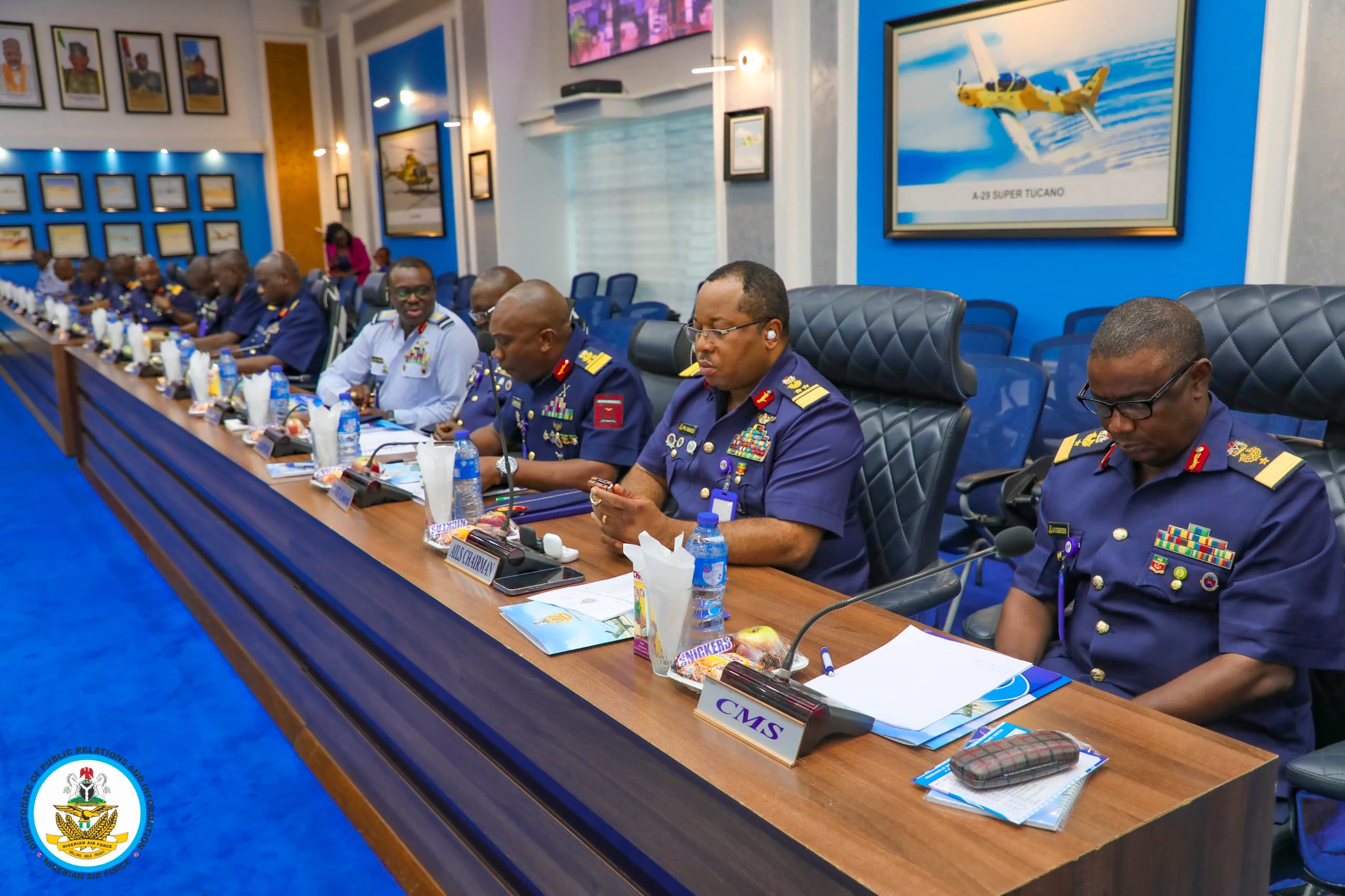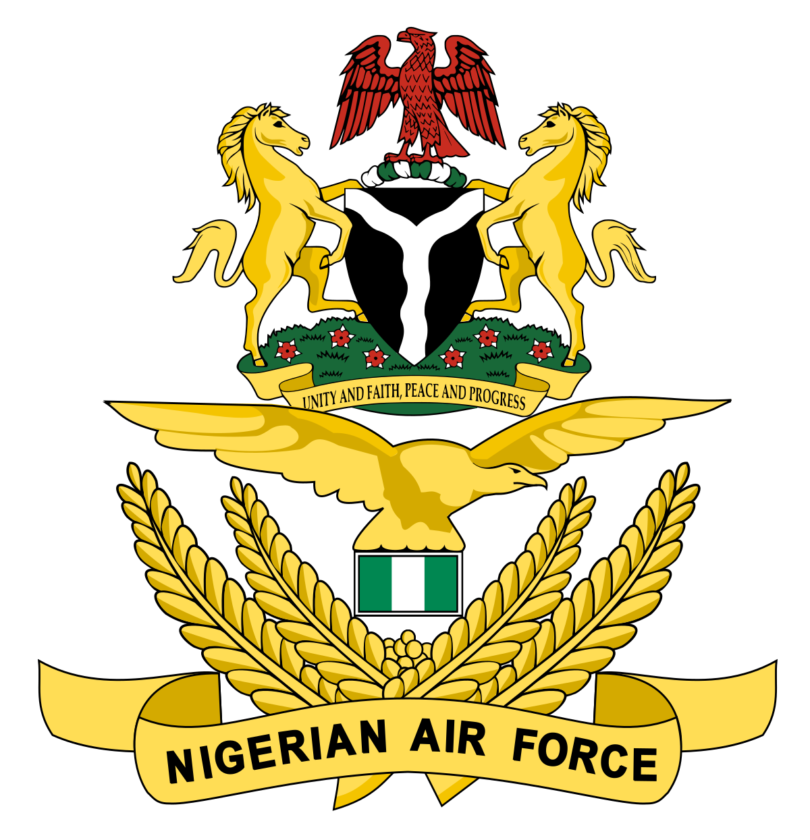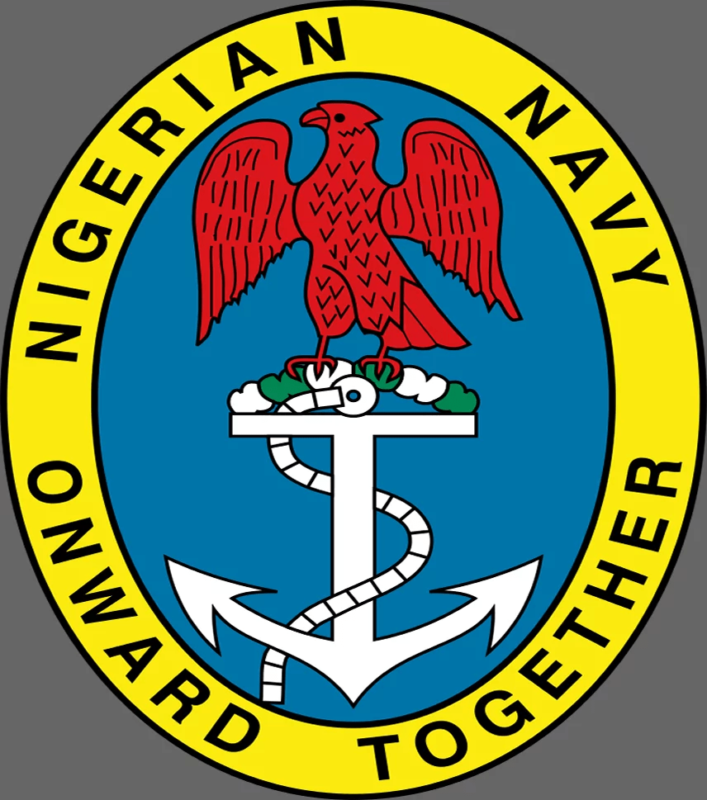The Chief of the Air Staff (CAS), Air Marshal Hasan Abubakar, has emphasized the critical role of Nigerian Air Force (NAF) personnel in maintaining safety during NAF operations. Speaking at the 2024 NAF Safety Review Board (SRB) meeting held today at NAF Headquarters, Abuja, Air Marshal Abubakar underscored the importance of proactive measures to break the accident chain and establish a robust safety culture across all levels of the NAF.

Air Marshal Abubakar highlighted the collective responsibility of NAF personnel in ensuring safety, stating, “As members of the Safety Review Board, it is vital that we thoroughly examine all safety issues arising from this meeting and come up with objective and innovative ideas that would enhance safety in the NAF. While we all know that safety is a collective responsibility, this Board is primarily accountable for safety administration in the NAF.”
The CAS stressed that accidents are often the result of a sequence of events, starting with deliberate decisions. He called for unwavering determination among all personnel to improve safety within their units, noting that the NAF cannot afford to overlook safety issues.
Commitment to Safety as a Core Function
Air Marshal Abubakar reiterated the NAF’s commitment to safety as one of its core functions. He assured that the NAF is dedicated to developing, implementing, and reviewing policies to ensure all activities are conducted in a safe and conducive environment. “The NAF will intensify efforts to enhance safety as it continues its transformation into an agile and resilient force that effectively meets the airpower demands of national security in all operational environments,” he said.
The CAS also highlighted the government’s commitment to equipping the NAF with modern platforms, making the need for a proactive and enhanced safety culture even more critical to maximize the use of these platforms.
Insights from the Chief of Standards and Evaluation
Air Vice Marshal Micheal Onyebashi, Chief of Standards and Evaluation, described the SRB as the apex body of the NAF Safety Management Structure. He explained that the biannual meeting deliberates on major policy, resource allocation, and regulatory issues related to safety. The Board, he said, is responsible for providing direction and guidelines to ensure a healthy safety culture within the NAF.
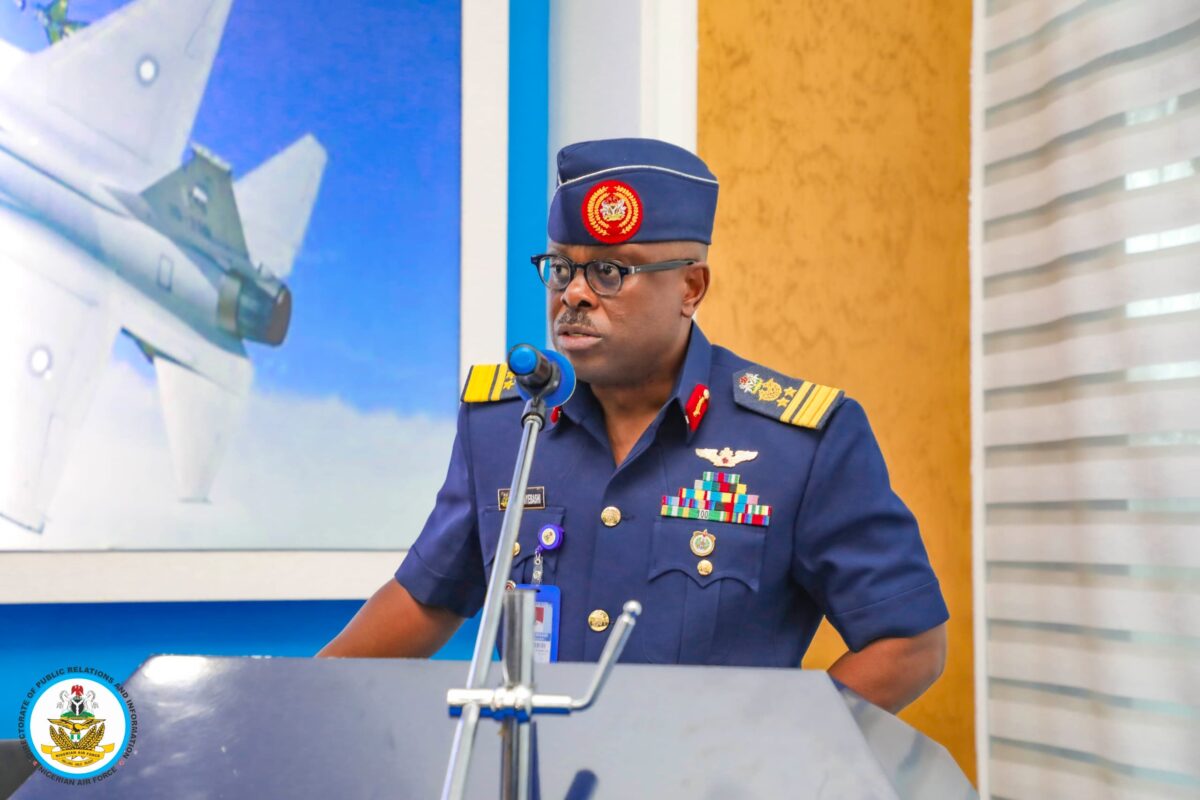
Onyebashi noted that the NAF has introduced safety education at all entry points and training institutions, leveraging the online learning infrastructure at the Air Warfare Centre, Abuja. He emphasized the imperative need for the SRB, commands, and units to work diligently to maintain safety standards in all NAF activities, especially with the reactivation and induction of new platforms.
Expert Insights on Organizational Safety Management
Dr. Iteke Ifeanyichukwu Chukwunonso of the Nigerian Civil Aviation Authority delivered a paper titled “Senior Managers’ Role in Organizational Safety Management System.” He emphasized that managing safety involves managing risks and controlling them reactively, proactively, and predictively to acceptable levels. Dr. Chukwunonso commended the NAF for its exceptional safety standards and called on its leadership to retain responsibility and accountability for safety.
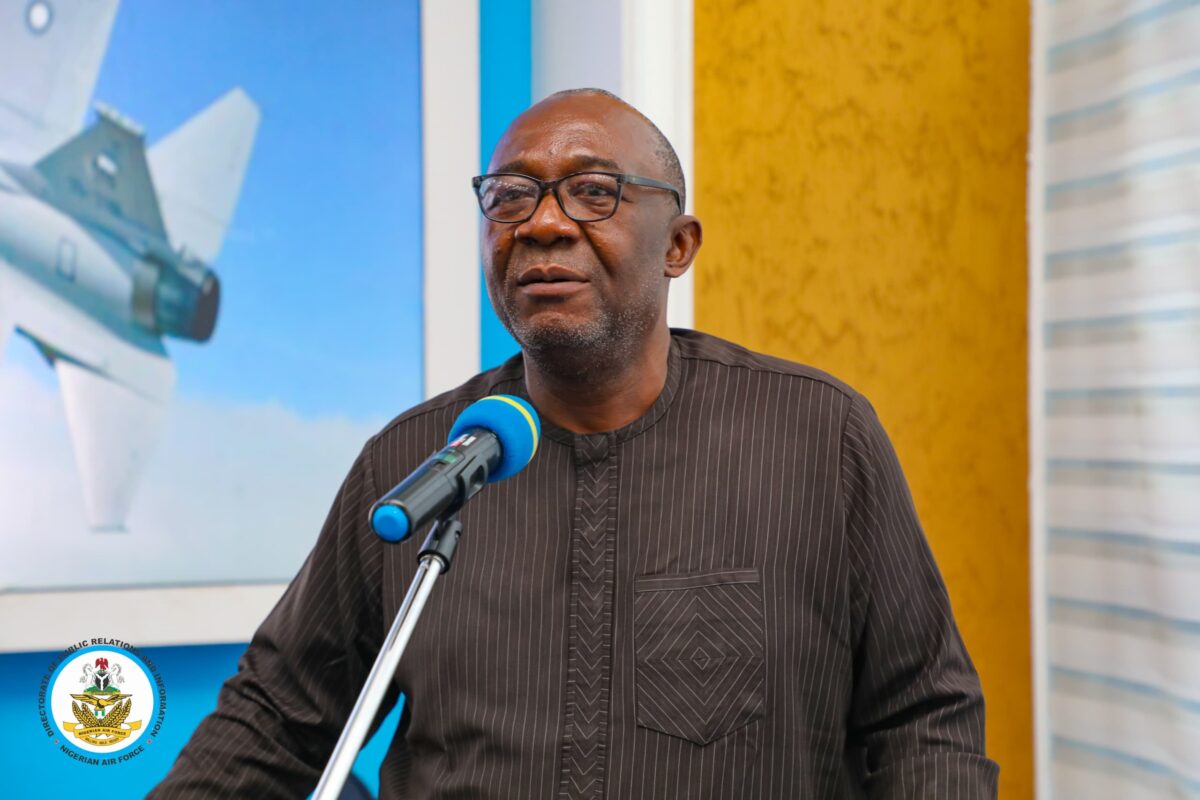
He also stressed the importance of promoting open reporting through non-punitive disciplinary policies and encouraging incentives for promoting safety.

“Safety management should have a business-like approach and be woven into the fabric of an organization until it becomes part of its culture,” he said. He concluded by noting that senior management remains the core of safety management in any organization.

